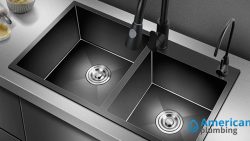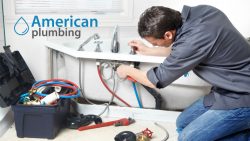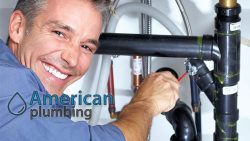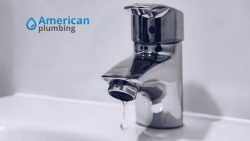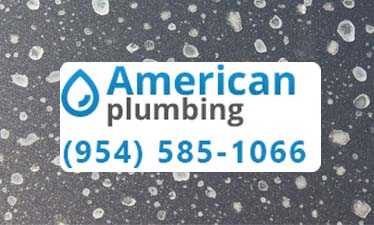
Hard Water in South Florida
Many of us don’t give a second thought about turning our faucets on and off throughout the day. From washing our hands, doing the dishes, getting a glass of water to drink, brushing our teeth, taking baths, or going through the myriad of other daily uses, we use the water that comes from our faucets constantly. However, what many people fail to realize, especially down here in South Florida, is that the quality of the water itself greatly affects the health and longevity of your plumbing system. Because we Southern Floridians get most of our tap water from aquifers deep underground, it has an abnormally high mineral content as it comes up through the pipes of our homes. An overabundance of minerals like calcium and magnesium forms what is known as “hard water”, and while it has little effect on human health, apart from leaving your tap water with an unpleasant metallic taste, it can eventually leave a scaly build-up of mineral residue in your pipes and faucets. If not addressed, this buildup can eventually cause damage to your plumbing system. Fortunately, at American Plumbing, we know exactly what to do to combat hard water in your pipes!
Fortunately, performing a taste test isn’t the only way to diagnose a hard water problem in your home’s plumbing system. If your water has an excessively high mineral content, there will often be a flaky white or yellow buildup around your sink faucets, showerheads, and other bathroom fixtures. You may also notice that individual nozzles of your showerhead have stopped working or are now releasing water in strange directions because of blockage caused by the mineral buildup. While this can leave your kitchen or bathroom looking dirty and neglected, the physical appearance of hard water residue is hardly (no pun intended) the worst aspect of dealing with an overabundance of minerals in your tap water. As the inside of your pipes begin to accumulate more and more hard water buildup, the amount of water able to be pumped through them is reduced and the quality of your water pressure could decrease as a result. While the calcium and magnesium buildup is highly unlikely to clog your pipes completely, it may increase the likelihood of something becoming lodged in your pipes and a resulting clog or leak occurring.
Hard water buildup can be physically flushed out of affected pipes and water heaters once matters become dire, but the best way to deal with mineral buildup in your plumbing system, like any household problem, is to prevent it from happening in the first place,or at least addressing it before the problem advances to the point where it requires an expensive pipe repair or replacement. If you’re having issues with hard water in your home, then a simpler solution to the problem is to install a water softener in your plumbing system. A water softener will safely help to strip the accumulated minerals from the inside of your plumbing system, extending its longevity and improving its efficiency. This will also reduce the appearance of unsightly lime scale and soap scum from your sinks and faucets as well as making your washing machine more effective in the process of washing your family’s clothing.
While hard water buildup may not have a profoundly negative effect on your pipes immediately, it may lead to significant issues for your home’s water heater down the line. As calcium and magnesium begin to build up in your water heater, they encourage corrosion within the tank and pipes. If untreated, this accumulation can greatly reduce the lifespan of your home’s hot water heater, if not completely break it prematurely. At the very least, this mineral buildup will prevent your water heater from functioning properly which in turn will likely increase the cost of your energy bills. If you’re having issues with hard water at your home, contact American Plumbing today! Our experts will be able to locate and rectify the problem quickly and affordably!

